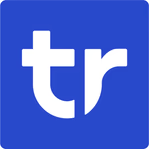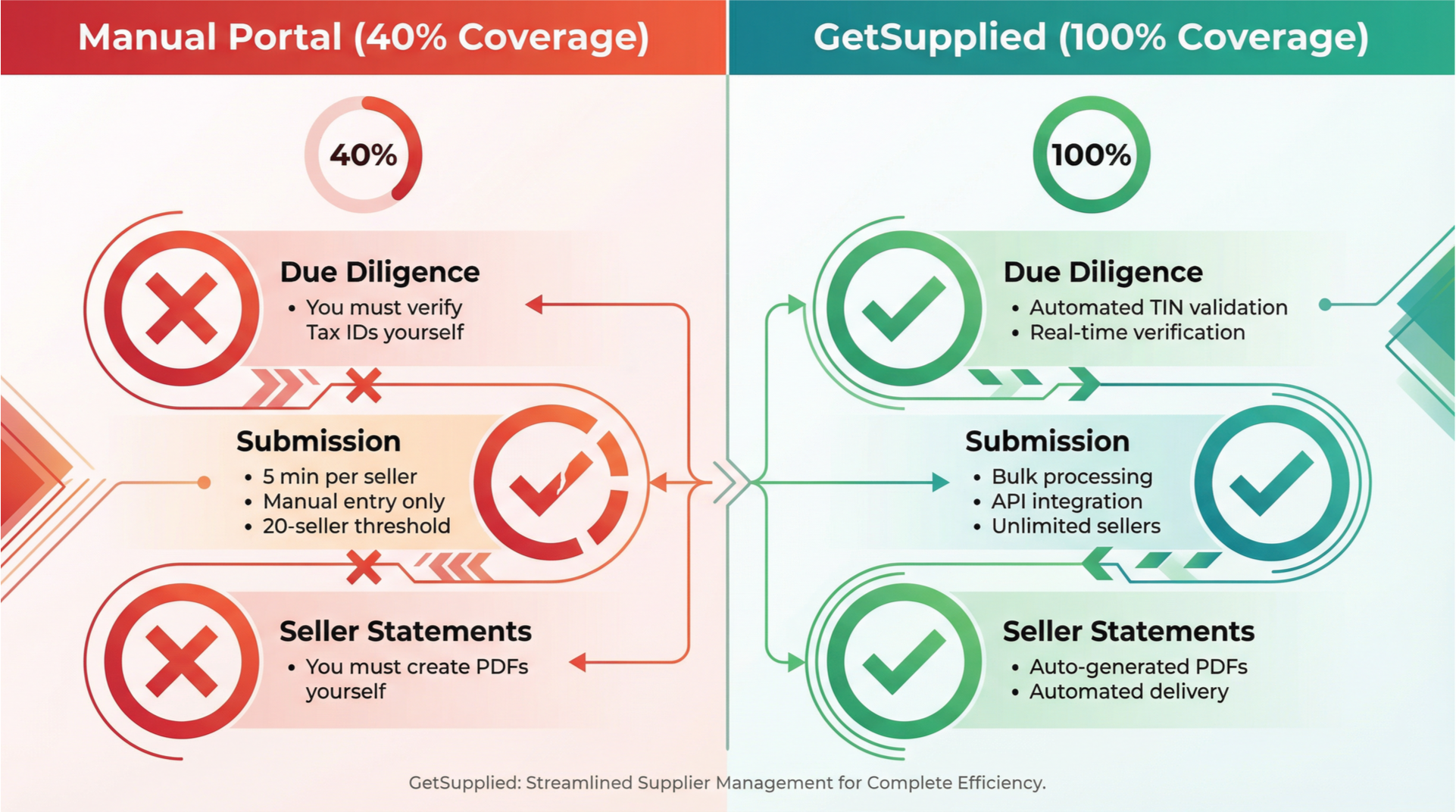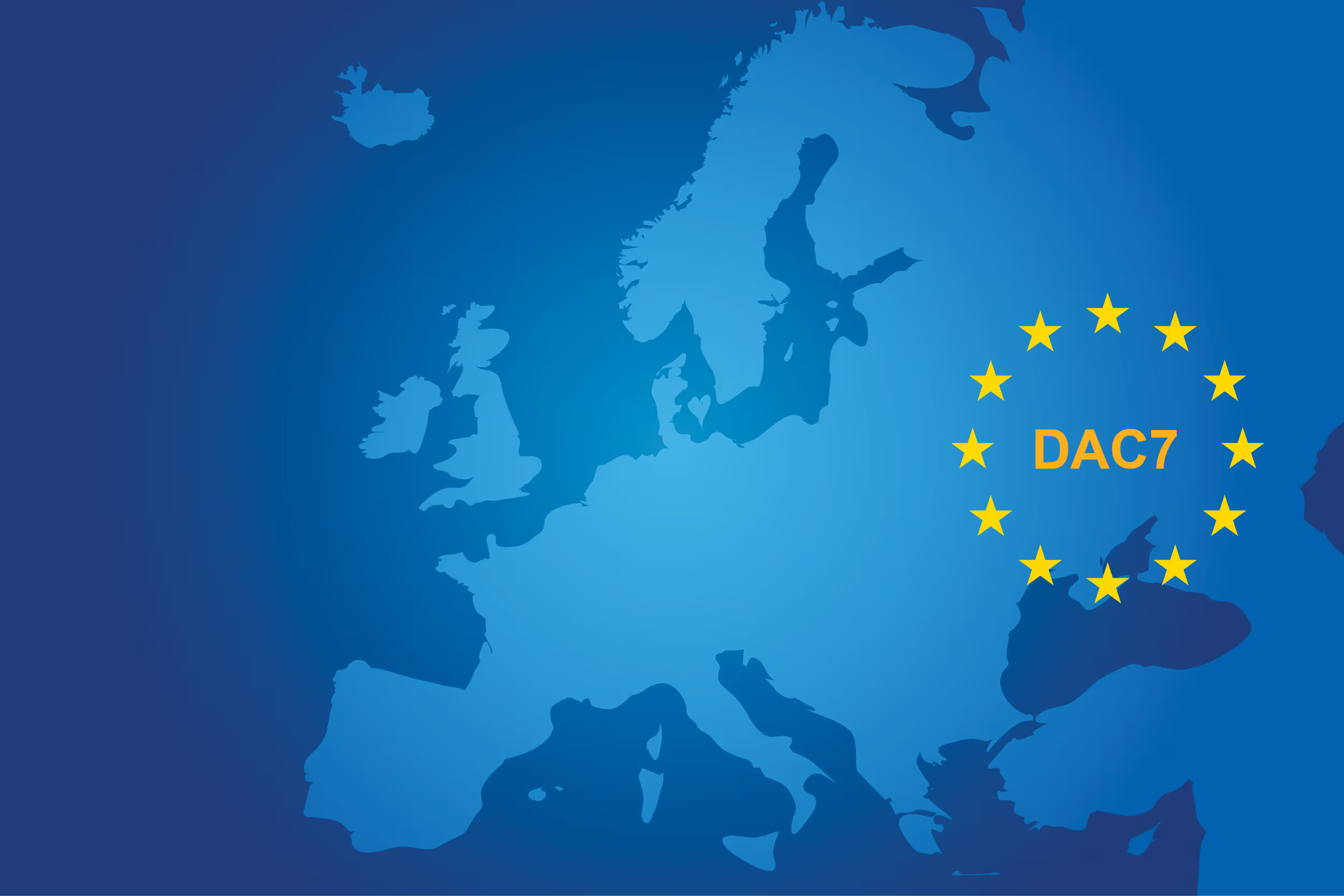What Is DAC7 Compliance?
Amsterdam, 11th of August 2025
DAC7 is the seventh amendment to the EU's Directive on Administrative Cooperation that requires digital platform operators to report seller information to tax authorities. DAC7 stands for "Directive on Administrative Cooperation 7." Digital platform operators are businesses that facilitate online transactions between sellers and buyers. The directive came into effect on the 1st of January, 2023.
There are some key take-aways why the DAC7 came to light:
- Primary purpose: Increase tax transparency in the digital economy
- Geographic scope: Applies to EU member states and platforms serving EU markets
- Target: Combat tax evasion by closing reporting gaps in online transactions
Who Must Follow the DAC7 Directive
A "reporting platform operator" is any business that operates a digital platform facilitating relevant activities. This applies to both EU-based and non-EU platforms if they serve EU customers.
Platform types include:
- E-commerce marketplaces (Amazon, eBay)
- Ride-sharing platforms (Uber, Bolt)
- Vacation rental platforms (Airbnb, Booking.com)
- Food delivery services
- Online service marketplaces
What Are Relevant Activities Under DAC7?
"Relevant activities" are specific types of transactions that trigger reporting requirements. The four main categories are:
- Sale of goods: Physical or digital products sold through platforms
- Personal services: Individual services like tutoring, consulting, or freelance work
- Rental of immovable property: Short-term accommodation rentals
- Rental of transportation: Car sharing, bike rentals, boat rentals
Activities NOT covered include traditional employment and B2B services between companies. Platforms must identify which activities their users engage in.
Which Seller Information Must Be Reported?
A "reportable seller" is an EU tax resident conducting relevant activities above certain thresholds.
Required information:
- Personal identification: Full name, address, tax identification number
- Platform details: Account registration information, verification status
- Financial data: Total consideration paid, number of transactions
- Activity specifics: Type of goods/services sold
- Activity Type: Immovable property rental. Additional Requirements: Property address, rental days
- Activity Type:Transportation rental. Additional Requirements: Vehicle identification, rental periods
- Activity Type: Personal services. Additional Requirements: Service category, buyer location
- Activity Type: Goods sales. Additional Requirements: Product categories, delivery information
Thresholds that trigger reporting: €2,000 in consideration OR 30+ transactions.
When Does DAC7 Take Effect and What Are the Deadlines?
- Effective date: January 1st, 2023
- First reporting period: Calendar year 2023
- First report due: January 31, 2024
Ongoing annual reporting is required by January 31st each year. Platforms had a preparation period but must now be fully compliant. Some member states may have implemented earlier or provided transition periods.
What Are the Consequences of Non-Compliance?
Penalties vary by EU member state but can be significant.
Potential consequences:
- Financial penalties: Fines ranging from thousands to millions of euros
- Operational restrictions: Potential suspension of platform operations
- Reputational damage: Public disclosure of non-compliance
- Legal liability: Personal liability for platform executives
Enforcement is becoming stricter as tax authorities gain experience. Both incomplete and late reporting trigger penalties.
How to Manage DAC7 Reporting Requirements?
Follow this practical step-by-step process for platforms:
1. Map Your Platform Activities
- Conduct a comprehensive audit of all services offered on your platform
- Identify which activities fall under DAC7 relevant activities
- Document user journeys and transaction types
2. Collect and Validate Seller Data
- Implement robust KYC (Know Your Customer) procedures (identity verification processes)
- Set up automated data collection during user onboarding
- Establish document verification systems for tax IDs and addresses
3. Establish a Reporting Calendar
- Create annual reporting schedules with internal deadlines before January 31st
- Set up quarterly data reviews to ensure accuracy
- Plan for peak transaction periods and data processing time
4. Implement Ongoing Compliance Monitoring
- Deploy automated systems to track transaction thresholds
- Set up alerts when sellers approach reporting thresholds
- Regularly audit data quality and completeness
Cross-Border Platforms and DAC7 EU Implications
DAC7 affects platforms operating across multiple jurisdictions. The "one-stop-shop" mechanism allows platforms to report to one EU member state.
Key considerations:
- Registration requirements: Where platforms must register for reporting
- Data exchange: How information flows between EU tax authorities
- Equivalence mechanisms: How non-EU countries can achieve equivalent reporting standards
There is common confusion about which jurisdiction to report to. Platforms with sellers in multiple EU countries must understand cross-border implications.
Empowering Business Growth Through Simplified Compliance
Compliance can be a competitive advantage rather than a burden. Proper DAC7 compliance builds trust with:
- Regulatory authorities: Demonstrating commitment to transparency
- Business partners: Showing operational sophistication
- Sellers: Providing clear, compliant platform operations
Automated compliance solutions reduce manual effort and errors. Integrated compliance platforms can handle multiple regulations.
Book a free 45 minute consultation session with one of our experts to explore how Supplied can streamline your compliance and onboarding processes. Click here to book.





